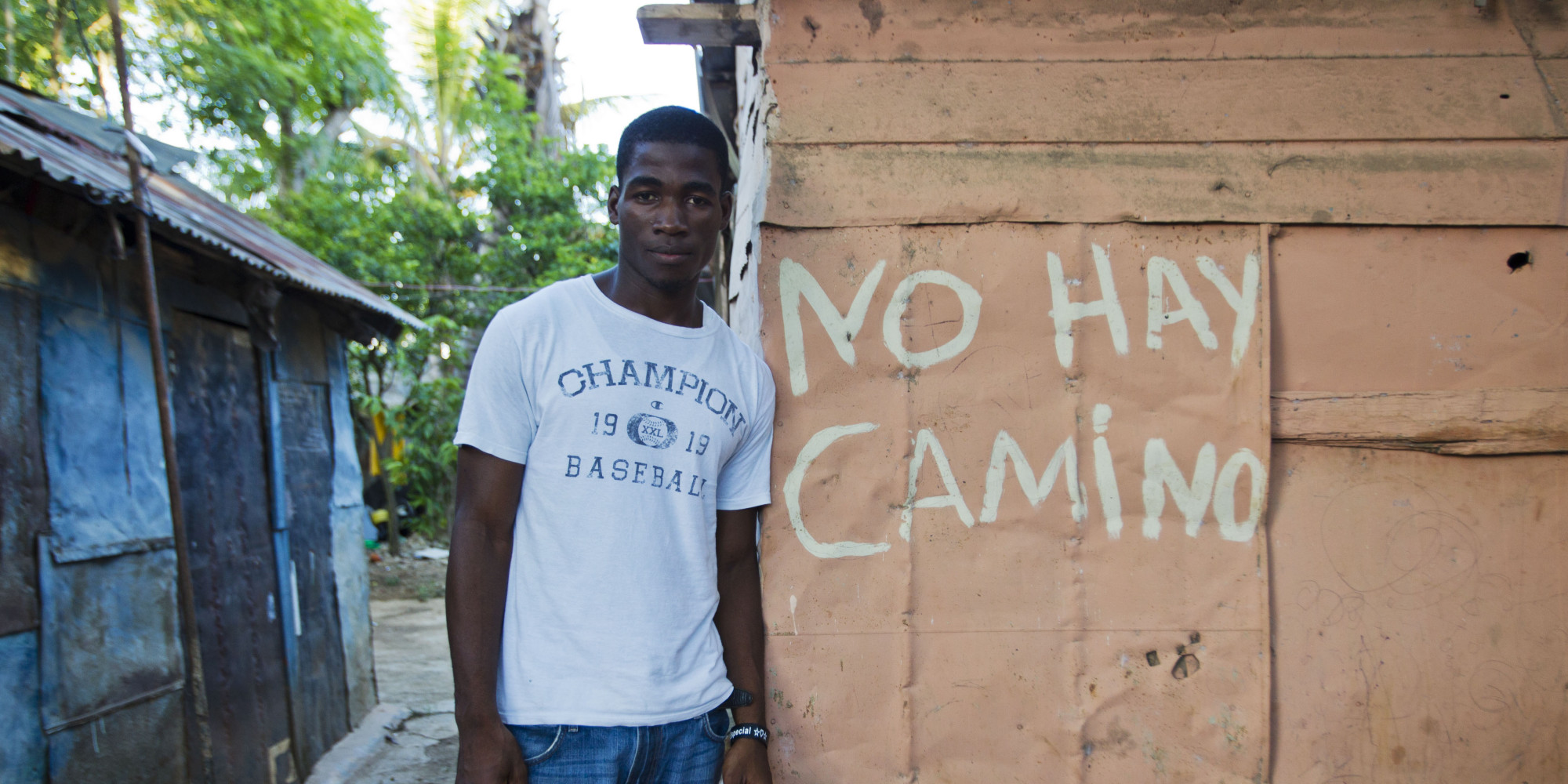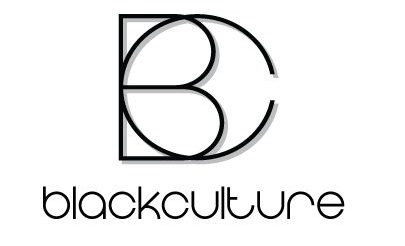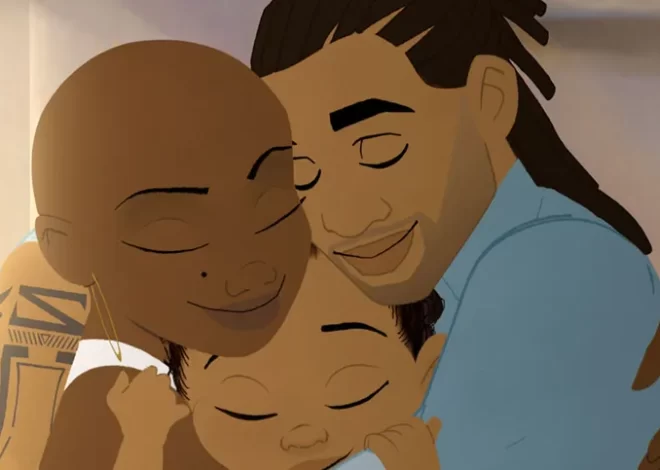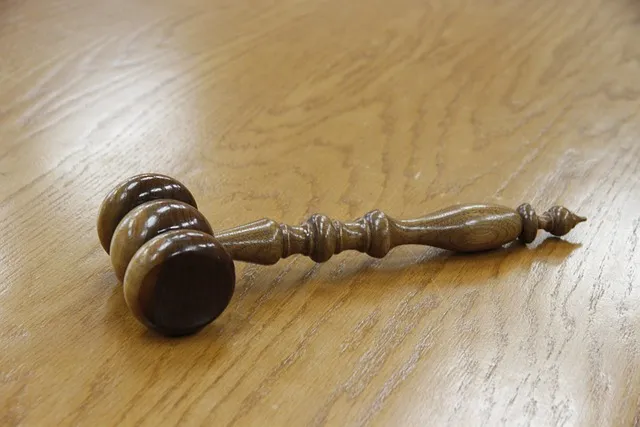
Dominican Republic: Valuing Haitian Labor Over Lives
Ever since European haphazard “discovery” of the Americas, violence has been an integral part in the construction of identity in colonial lands. Indigenous and African peoples enslaved, murdered and abused for the greed of nations still profiting since colonization ad nauseum. This same abject subjugation thrives among Afrodescendants to discriminate against one another.
On September 23, the Constitutional Court in the Dominican Republic issued a ruling that targeted and retroactively revoked the Dominican nationality of descendants of Haitians born in the Dominican Republic since 1929, rendering them stateless. Some never have stepped foot in Haiti and may not even speak the language. The Dominican Constitution recognizes, in principle, that ‘all persons born in the territory of the Dominican Republic’ are Dominican citizens but the September ruling denies this birthright on the grounds that children of undocumented Haitians are ‘in transit,’ which normally applies only to tourists or visiting diplomats, those remaining in the country for 10 days or less. How does this apply to generations of Dominicans of Haitian-descent?
Those in power constructed this powder keg environment but will never be affected by its explosion. It is the people simply trying their best to live and survive whom suffer the most and unfortunately this scapegoating, xenophopia and anti-haitianism isn’t new. It’s been ingrained from even before Trujillo-era politics and massacre, to the most recent decades and codified in policy. No documents and proof of citizenship, means no hope to millions of Haitians and Dominico-Haitians. The 2004 Migration Law 285-04 revoked birthright (jus soli) for Dominicans of Haitian decent, 2007’s Circular 017, prohibited civil registry officers from giving anyone with “suspect” documents copies of their birth certificate, 2008’s Resolucion 12-2007 restricted access to personal identity documents and authorized civil registry officials to suspend state identification documents if they are “irregular,” 2010’s New Constitution of the Republic denied citizenship to children of nonresidents and 2013’s ruling has already brought the death of one Haitian man and the expulsion of over 200 Haitians after they turned to the police for protection for fear of targeted violence. They tragically ran straight to the aggressors.
This small island’s entangled geographies and histories of conquest, submission and ill feelings throughout French and Spanish occupation, Haitian occupation in the Dominican Republic and now immigration is salient and provides the backdrop to where it stands today. Neighbors, but not family. And that’s what identity is, what you are in relation to another or “other.” In the constructed Dominican popular imagination and nationality, they are not, what Haitians are, African.
Not only is this belief converse to facts, it ensures that Haitian migrants crossing the border seeking opportunities, can only access backbreaking manual labor, are relegated to abysmal housing and areas without basic services, while living under the constant threat of violence, deportation (and exploited bribes to avoid said deportation) for these perceived “differences.” Grave human rights violations through this marginalization, cruel treatment, sudden and arbitrary deportations, sexual assault and abuse. Gross hypocrisy from all angles especially economically.
As the government promotes deportation, they and private companies recruit and rely heavily on the cheap labor, barely enough for workers to eke out a living, to cut their sugar cane, build their projects, work their fields and serve their tourists. And this is where the international community can act, speak out and stand in solidarity. Refuse to spend your money in the Dominican Republic, attend programs programs and rallies to bring attention to this issue and spread the word. :
Ryan Hamilton, community organizer and student at the CUNY Graduate Center says they “are bringing students and scholars together in the effort to dispel some of the media myths currently promoted by the Dominican government,” for Thursday’s program (Un)Making a Dominican: Contextualizing the Ruling that Denationalizes Dominicans of Haitian Descent. He continues, “Elected officials and Dominicans in New York City need to have all the facts about the way this decision is undergirded by racism and human rights violations. Students have a right to know the truth and these scholars and activists, who have spent decades denouncing racism and human rights violations that lie at the heart of this decision.” The Dominican message is clear, Haitians are needed but not wanted. But the international community begs to differ and money talks. With profit margin playing a larger role and precedence over human life, we can send our message to those benefitting from the bottom line. No more.
Have you heard of the term Anti-haitianismo? Are you aware of the ongoing atrocity occurring in the Dominican Republic?
PLEASE WATCH



